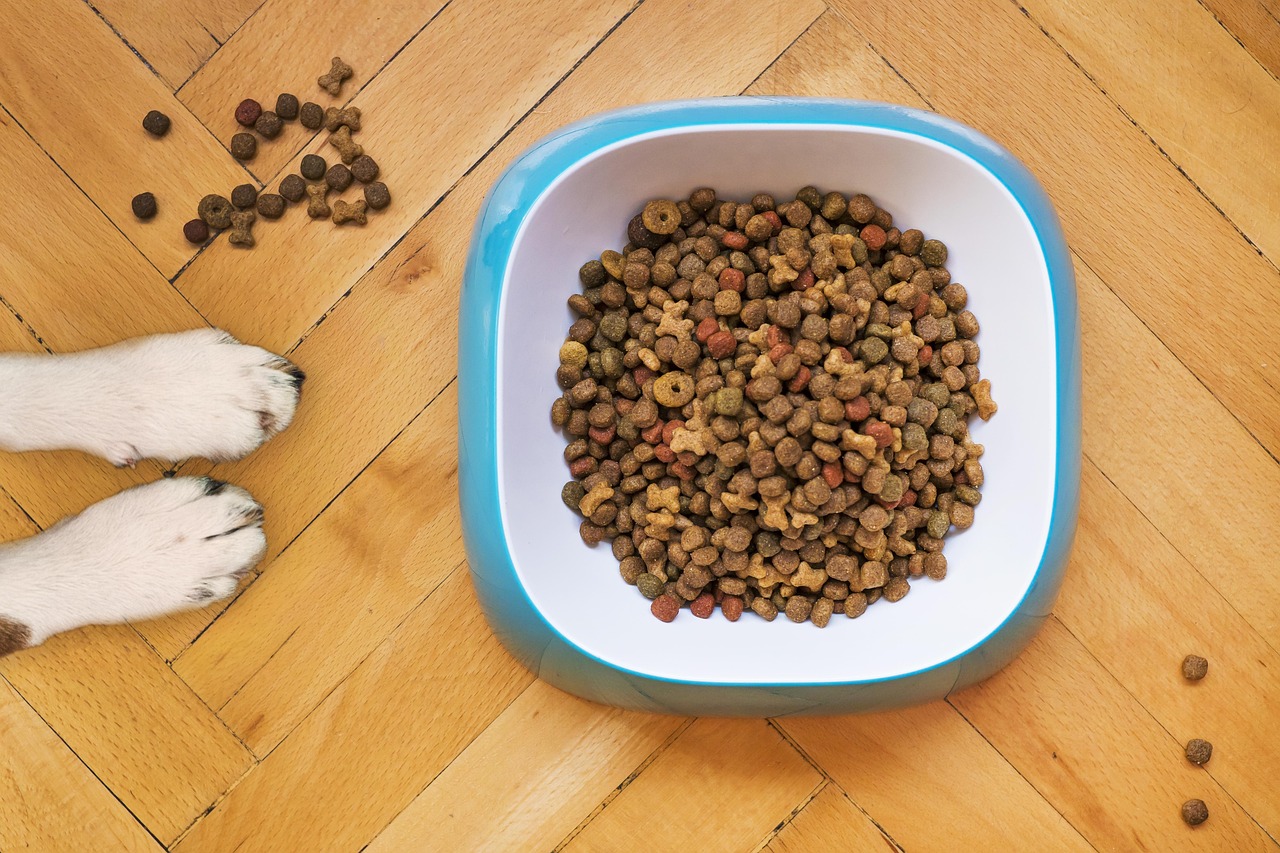In recent years, pet owners have become more conscious about what goes into their dogs’ bowls. One option that has gained significant popularity is zero grain dog food. Designed for dogs with grain sensitivities, allergies, or digestive issues, this type of food eliminates traditional grains and focuses on high-quality proteins and alternative carbohydrates. But is it the right choice for your furry companion? Let’s dive into the benefits, considerations, and expert advice on choosing zero grain nutrition for dogs.
What Is Zero Grain Dog Food?
Zero grain dog food is a specialized type of pet food that excludes all forms of grains such as wheat, corn, soy, rice, and barley. Instead, it uses alternative sources like:
- Sweet potatoes
- Chickpeas
- Lentils
- Peas
- Potatoes
The main purpose is to provide a balanced diet that mimics a dog’s ancestral nutrition—high in protein and low in fillers—while avoiding potential allergens.
Benefits of Zero Grain Dog Food
1. Allergy Relief
Many dogs suffer from food allergies, and grains can often be a culprit. Feeding your pet zero grain dog food may reduce symptoms such as itching, ear infections, and gastrointestinal distress.
2. Better Digestive Health
Dogs with sensitive stomachs may struggle with grain-heavy kibble. Grain-free diets are generally easier to digest, leading to firmer stools, less bloating, and improved gut health.
3. High Protein for Energy
Most zero grain dog food recipes list real meat, fish, or poultry as the first ingredient. This ensures a protein-rich diet that supports strong muscles, healthy weight, and an active lifestyle.
4. Improved Coat and Skin
The inclusion of omega-3 and omega-6 fatty acids in many zero grain formulas helps promote a shiny coat and reduces dry or itchy skin.
5. Weight Management
By avoiding starchy fillers, zero grain formulas offer nutrient-dense meals that help maintain a healthy body weight when fed in proper portions.
Concerns About Zero Grain Dog Food
While the benefits are clear, there are some concerns associated with zero grain dog food. The FDA has investigated potential links between grain-free diets and canine dilated cardiomyopathy (DCM), a heart condition. Although the research is ongoing, experts recommend choosing brands that include taurine and ensuring your dog gets a well-balanced diet.
Key points to remember:
- Not every dog requires a zero grain diet.
- Dogs without grain sensitivities may thrive on high-quality grain-inclusive food.
- Always consult a veterinarian before making any major diet changes.
Who Should Choose Zero Grain Dog Food?
Zero grain dog food may be the right option for:
- Dogs with diagnosed grain allergies or sensitivities
- Dogs with chronic digestive problems
- Highly active dogs that benefit from protein-rich meals
However, if your pet does not have allergies or digestive issues, a premium grain-inclusive food may also be a healthy choice.
How to Select the Best Zero Grain Dog Food
When shopping for zero grain dog food, look for:
- High-quality protein (chicken, beef, lamb, or fish) as the first ingredient
- Balanced nutrients including vitamins, minerals, and fatty acids
- No artificial preservatives, colors, or flavors
- AAFCO-approved labels to ensure nutritional completeness
Brands that are transparent about their ingredients and sourcing are generally more trustworthy.
Transitioning to Zero Grain Dog Food
Switching your pet’s diet should be done gradually to avoid stomach upset. Here’s a safe transition method:
- Days 1–3: Mix 25% new food with 75% old food
- Days 4–6: Mix 50% new with 50% old
- Days 7–9: Mix 75% new with 25% old
- Day 10: Serve 100% zero grain food
Monitoring your dog during this transition is crucial. Look for positive signs such as improved energy, better stool quality, and a healthier coat.
Conclusion
Zero grain dog food can be an excellent choice for dogs with allergies, sensitivities, or digestive concerns. With high-quality proteins, nutrient-rich ingredients, and no fillers, it supports better overall health and vitality. However, it’s important to note that not every dog needs a grain-free lifestyle. Always seek veterinary guidance before making dietary changes to ensure your dog receives complete and balanced nutrition.
When chosen carefully, zero grain dog food can help your furry friend live a happier, healthier, and more energetic life.


